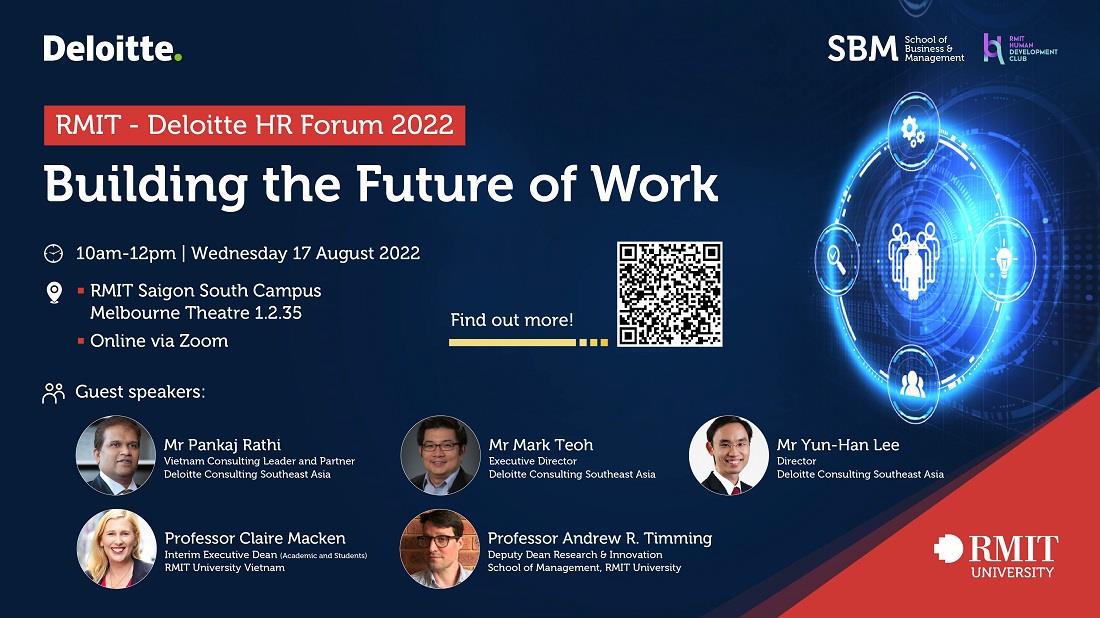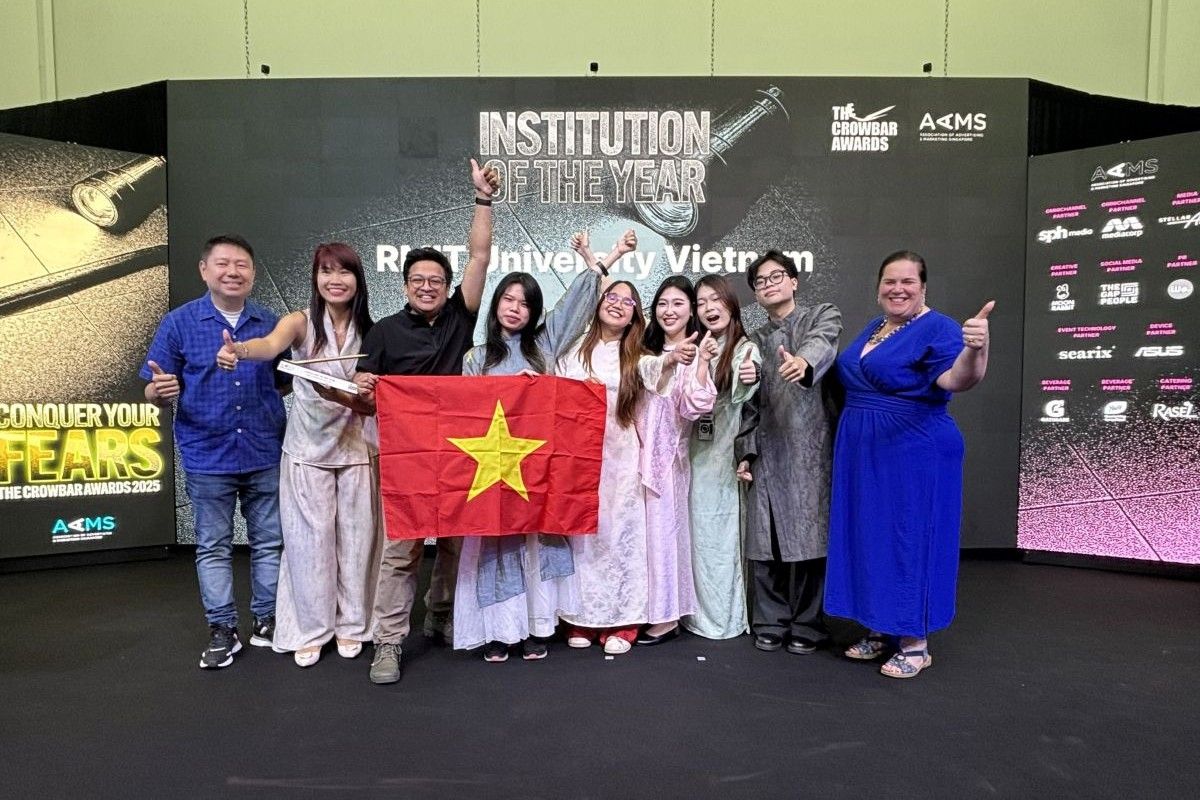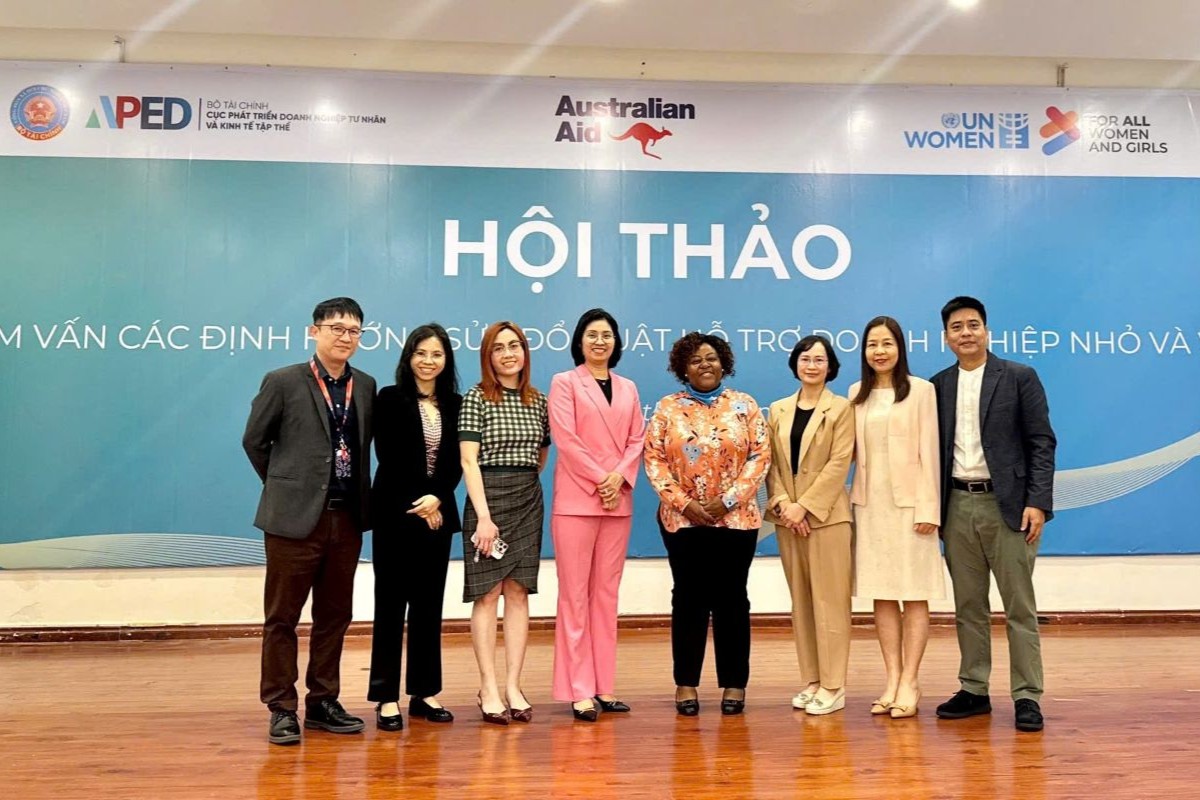Dr Han added that while what might be an ideal office design and function is an ongoing discussion and research question for academics and human resource (HR) practitioners, the emergence of open and shared offices suggests the office is still evolving, and the future of the workplace might be very different.
One remarkable change we have already experienced is how the pandemic taught us to adopt technologies and enhance communications during the lockdown period by using applications such as Zoom and Microsoft Teams.
Although we are now able to meet face-to-face, the technologies we adopted over the last two years are staying with us and contributing to better connectivity and team engagement.
“It won’t be a surprise if the demand for business trips will not return to the pre-pandemic level since the digitisation of our work and communication throughout the pandemic has changed the fundamentals of work,” said Dr Han.
The RMIT academic believes that the post-pandemic period is a time of vigilance and rapid change, and organisations need unique leadership to expertly navigate the waves of workplace transformation.
Resilient leadership: Turning threats into opportunities
By nature, people do not like change. In 2016, when American clothing company Zappos tried to implement holacracy (the idea of no manager and no job title), 30% of its employees left the company. Many managers reportedly quit Zappos because holacracy would strip them of their powers and create uncertainty and confusion.
According to Associate Professor Seng Kiat Kok, Deputy Dean of Learning and Teaching at RMIT School of Business & Management, “change creates discomfort to people as they may lose control of their job and life, and because change creates uncertainty and potentially more workload”.
As the future of our organisation and work are rapidly changing, Associate Professor Seng suggests that now more than ever, people need a leader who can ease feelings of fear and uncertainty.
To build a resilient leader who can guide people during this uncertain period, experts from RMIT and Deloitte suggest three important qualities: reflection, optimism, and empathy.
First, resilient leaders should continuously practice self-reflection. This is an important practice during their individual learning cycle, where they challenge assumptions to see if they are just repeating and replicating old behaviours and decisions even in the face of a new phenomenon.
Next is optimism. “This is a key quality of a resilient leader. They can send positive vibes to other people who are in fear of losing control or power”, Associate Professor Seng explained.
And finally, having empathy and open communication with teams are vital to arriving at working arrangements that are optimum for the teams. “Leaders have to double down on fostering a trusting and collaborative culture for the teams they lead as this will pay dividends in engagement and overall team productivity,” Mr Yun-han Lee suggested.
The future might be uncertain, but it also creates opportunities for organisations and leaders. Thus, practicing resilient leadership would enable them to sustain their organisation while helping people to stay productive and engaged.
RMIT-Deloitte HR Forum 2022: Building the Future of Work
Keen to learn more about the future of the post-pandemic workplace? Join international experts from RMIT University and Deloitte Consulting at our HR Forum on 17 August 2022 to:
- Get up to date on the most topical issues in HR
- Learn from experts about the future of our workforce, jobs, and workplaces
- Explore high-performance HR systems to best support your business and its evolving needs
- Grow your HR network and engage directly with industry leaders and experts
Read more and register here.






